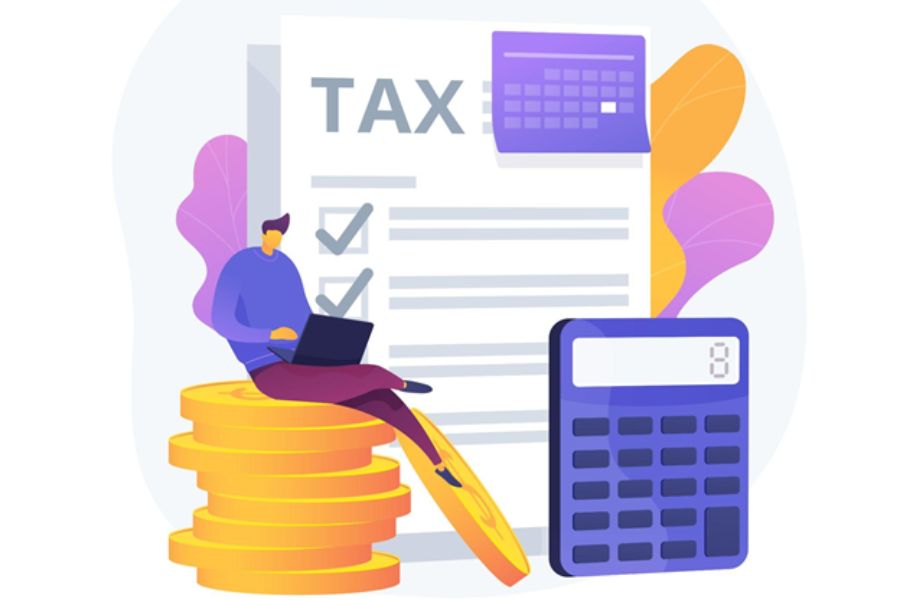During times of uncertainty, it becomes extremely vital to chart out your retirement plans in time to secure a comfortable future for yourself and your family. Choosing Corporate NPS can allow you to build your wealth over a long-term period. It features several benefits such as attractive interest rates, flexibility, and tax saving, among others. In addition, opening such an account can be pretty simple and requires both you and/or your employer to make regular contributions to it. Find out what NPS is and learn how different it is from its corporate counterpart.
What is NPS?
The National Pension Scheme (NPS) is a government-led elective retirement investment plan. It has been developed to allow subscribers to make suitable decisions for their future via a systematic savings scheme during their active working phase.
Here, your savings will be parked into a pension fund and invested by professional fund managers regulated by the Pension Fund Regulatory and Development Authority (PFRDA). These will go into diversified portfolios that comprise bills, government bonds, shares, and corporate bonds. As part of the initial process, subscribers will be given a unique Permanent Retirement Account Number (PRAN).
How is Corporate NPS different?
Corporate NPS is considered to be an extension of NPS, allowing organisation workers to be able to benefit from long-term financial security. This model has been designed for all types of corporations, such as private firms, Central Public Sector Enterprises (CPSEs), Public Sector Undertakings (PSUs), and more.
Employers can provide you with the option of setting up an NPS account and utilising its benefits. Here, the contribution amount will be deducted from your salary, besides the employer’s contribution, if applicable.
Benefits of Corporate NPS
Portability
Your NPS contributions can be portable across the country or different jobs. This will stay the same throughout, allowing for easy operation and management.
Affordable Scheme
On creating an NPS account, you can make investments as low as ₹500 per transaction and contribute a minimum of ₹1,000 per year. In addition, it features one of the lowest expense ratios for fund management fees in comparison to most other schemes.
Flexibility in Investments
With an NPS account, you will be given the provision of switching your chosen asset classes between corporate debt, equity, alternate funds or government bonds for a specified number of times in a financial year.
Employee Benefits
As a corporate employee, you will be allowed to maintain an NPS account until the age of 60 years. This will give you sufficient scope to earn long-term returns and efficiently manage your funds. Furthermore, you can choose to manage your investments yourself through the ‘Active’ investment option, or allow the account to handle the corpus allocation with the ‘Auto’ option.
Tax Savings
One of the primary advantages of creating a corporate NPS account is its various tax benefits. By opting for one, you can get certain exemptions and savings under Sections 80C and 80CCD of the Income Tax Act, 1961. These will be enumerated in the next section.
Tax Benefits of Corporate NPS
Individual contributions up to ₹1,50,000 per year are eligible for deduction, subject to the overall cap of ₹1,50,000 per year provided in Section 80CCE of the Income Tax Act. Additionally, the maximum deduction permitted by this clause is 10% of salary, including basic and dearness allowance (DA). Under Section 80 CCD (1B), an added contribution of ₹50,000 per year can be entitled to a deduction of Rs. 50,000 per year.
A deduction under Section 80CCD (2) of the Income Tax Act of 1961 is also applicable on contributions made by your employer up to a maximum value of 10% of the subscriber's wage, including basic and DA. This benefit can be made available to subscribers that are a part of the corporate model only if employers deduct the contribution amount from the salary.
It is to be noted that the returns earned on NPS are free from tax, along with the lump sum withdrawals at 60 years of age. During then, you can withdraw nearly 60% of the overall corpus, but will be mandated to purchase an annuity with the remaining amount.
The monthly payouts as an annuity can be liable to taxation since this is considered as income during the year of receipt.
Eligibility Criteria for Corporate NPS
Some basic eligibility criteria for subscribing to a corporate NPS are:
Should be an Indian citizen
Must be between the age of 18-60 years
Required to be an employee of a registered entity as part of the Corporate NPS model
The following types of entities can register under Corporate NPS for their employees’ benefit:
Central Public Sector Enterprises
State Public Sector Enterprises
Entities Part of Companies Act
Entities Part of Co-operative Acts
Entities incorporated under State Legislature or Parliament Legislature
Entities incorporated by State Government or Central Government’s order
Trusts
Societies
Proprietorship Concerns
Types of NPS Accounts
Tier-I
If you wish to make use of NPS benefits, you must open this basic retirement account, which requires at least one annual contribution. The initial contribution must be at least ₹500, and any additional amount must also be at least ₹500.
Tier-II
You may open a Tier-II account in addition to your pre-existing Tier-I account, wherein the PRAN is unchanged for both. The initial contribution must be at least ₹1,000, and each additional amount must be at least ₹250.
Getting an early head start can significantly help build your retirement corpus, and a useful way to go about it could be through the National Pension Scheme (NPS). This may especially be ideal if you are a corporate employee, looking for added stability in your better years.
Disclaimer: This is a sponsored article and does not involve any editorial input. The views expressed, including any statements, views, opinions, announcements, declarations, or affirmations are neither supported, nor endorsed by The Telegraph Online.










